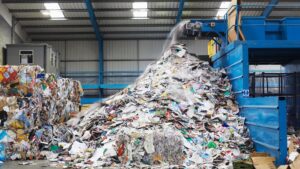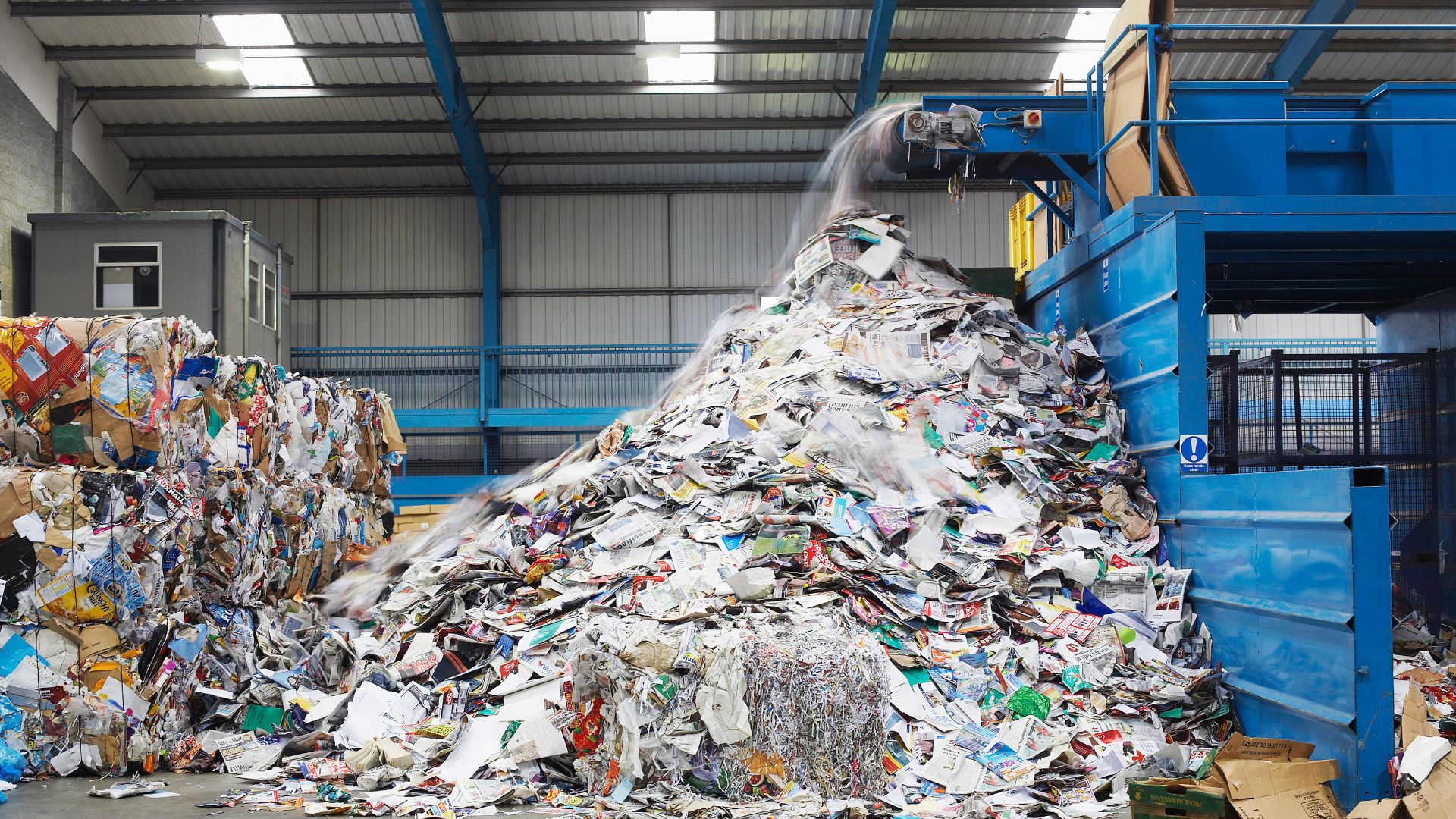We present the developments over the past month on petrochemicals, plastics and waste to energy plants in the country.
Petrochemicals
 The Asia Petrochemical Industry Conference (APIC) was held in New Delhi on 18-19 May, 2023, the theme of which was ‘Ushering in a Sustainable Future’. APIC is an annual conference to discuss the challenges and opportunities in the petrochemical industry with membership from seven countries-India, Japan, Korea, Malaysia,SIngapore, Taiwan and Thailand.
The Asia Petrochemical Industry Conference (APIC) was held in New Delhi on 18-19 May, 2023, the theme of which was ‘Ushering in a Sustainable Future’. APIC is an annual conference to discuss the challenges and opportunities in the petrochemical industry with membership from seven countries-India, Japan, Korea, Malaysia,SIngapore, Taiwan and Thailand.
Speaking at the event, the Union Minister of Petroleum & Natural Gas and Housing & Urban Affairs Hardeep Singh Puri shared that the demand for chemicals and petrochemicals is expected to reach $1 trillion by 2040. On sustainability, the Union Minister of Chemicals and Fertilizer Mansukh Mandaviya said India is focussing on making affordable and improved petrochemical products to help reduce carbon footprint.
However, a fossil fuel based development does not lead to a sustainable future. On the contrary, they only fuel the demand for petrochemicals. Boosting the petrochemical sector dampens our effort to usher into a plastic-free world and sustainable future.
Following this, another international conference on ‘Chemicals and Petrochemicals: Sustainable transition through Green Technologies and digitalization’ was held in New Delhi on 24 May, 2023. The delegates from G20 countries deliberated on issues of sustainability and pathways to achieve net zero emissions in the petrochemical sector.
While deliberation on reducing emissions is important, when was the last time we heard any petrochemical industry giant taking accountability for the environmental injustice they had inflicted on frontline communities? The industry has been committing ‘slow violence’ on the communities for decades, and they fail to talk about it.
Plastics
On May 15th, the Union minister of environment Mr. Bhupender Yadav launched a mobile application, “Meri LiFe”. The app is about the idea of Lifestyle For Environment, which was envisioned by the prime minister at COP26, which emphasizes mindful and sustainable lifestyle practices, instead of the practices of careless and wasteful consumption. In 2023, the Government of India’s Ministry of Environment, Forest and Climate Change intends to commemorate World Environment Day with a strong emphasis on the Mission LiFE. Within this initiative places across the country witnessed voluntary initiatives of cleaning up plastic waste. Showcasing a similar approach to the LiFe programme , as part of the Modi government’s Public Outreach Programme, Union Minister Smriti Irani launched a single-use plastics awareness campaign at Patnitop during her two-day visit to Udhampur. Similarly, a public awareness programme on the perils of single use plastics was conducted in Indore.
Now though the cases cited, highlight the serious hazards posed by Single Use Plastics, mere awareness programmes, and cleanups initiatives will not do the job. Instances like these are in a way based on the assumption that the ecological burdens caused by plastic waste will only come to an end, only when consumers start making pro-environmental choices, thereby driving changes through markets, thus allowing the plastic industry to be left off the hook.
UNEP released the report, “Turning off the Tap: How the world can end plastic pollution and create a circular economy”. This is a Spotlight report, which is meant to help national governments negotiate a new, global treaty to end plastic pollution. The report was written by Systemiq, a consultancy firm, and the University of Portsmouth. However, this report promoted the burning of plastics in cement kilns as a key strategy for waste management. This is a cause of concern since the way out of the plastic crisis is not false solutions like incineration but the reduction of polymer and plastic production and consumption.
Waste to Energy projects
The first meeting of the Delhi Solid Waste Management Committee (SWMC) constituted by the National Green Tribunal was held on 25th April 2023. However, much to the disappointment of Delhiites, the committee came up with just one idea – “burnall”!
By its own admission, the committee highlighted that Delhi generated about 11,328 tonnes of waste everyday out of which 45-50% was biodegradable which should either be composed or anaerobically digested. 30-35% of the waste generated was recyclables consisting of paper, plastic, rubber, cloth, textile etc, a majority of which should be recycled and the non-recyclable combustible fraction should be burnt in a Waste to Energy plan. The remaining 15-20% of inserts could be directly landfilled. The committee also points out that 50% source segregation of waste has been achieved in the 250 wards of the MCD and it plans to achieve 100% source segregation by December 2024. However, despite segregating 50% of the waste, Delhi ultimately burns 70% of the waste in its WTEs causing irreparable damage to Delhi’s air, environment, livelihoods and finances. There are no prizes for guessing what happens to the rest of the waste. It is landfilled!
As a part of its 5 year action plan, the SWMC proposes to build/ expand new WTEs to burn a further 6,402 tons of waste everyday. Most surprisingly, it does not propose a single Material Recovery Facility (MRF) which is used for sorting and recovery of recyclables, though there is already a gap of 3,966 tons/day. Currently a dismal 2.2% or 253 TPD of the waste is recovered through MRFs because it is underfunded.
The Solid Waste Management rules (SWM) 2016, clearly mandates that every Urban Local Body (ULB) should segregate waste and treat it appropriately. Yet, the much awaited SWMC formed under the aegis of the NGT has hugely disappointed the Delhiites who aspired to have a right to a healthy environment guaranteed under the Article 21 of the constitution by proposing “Only” new Waste-to-energy plants. However, a thorough relook by the SWMC at the solid waste management action plant from the perspective of waste minimisation, source segregation, economics and appropriate technology (suitable to the Indian conditions) can fulfill the basic rights of Delhiites to have a safe environment.
Centre for Financial Accountability is now on Telegram. Click here to join our Telegram channel and stay tuned to the latest updates and insights on the economy and finance.

